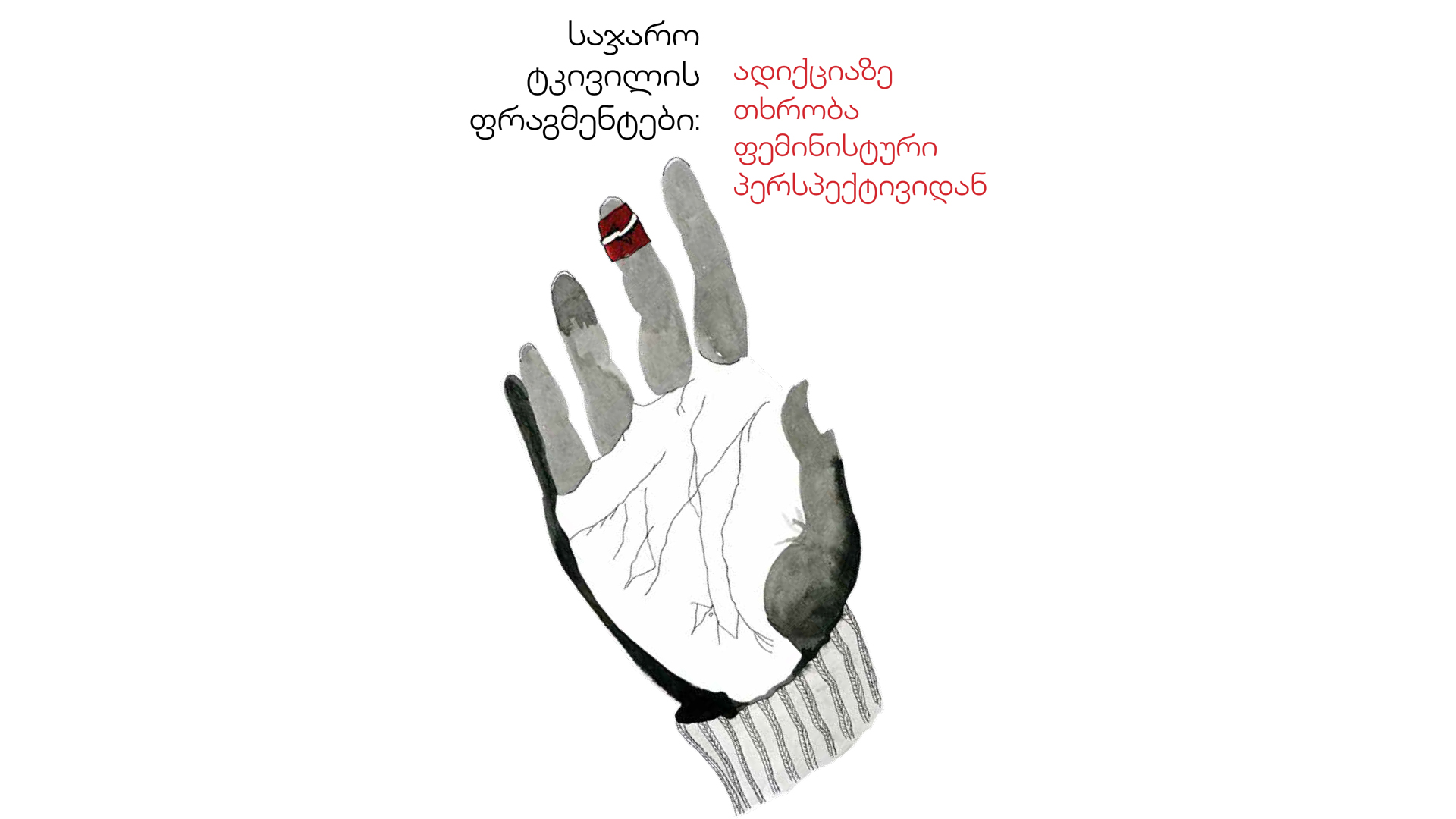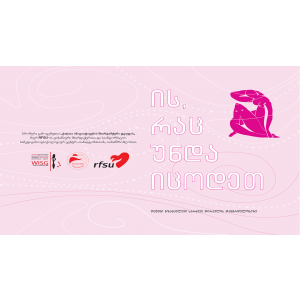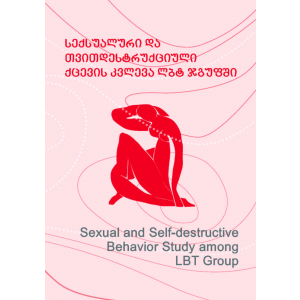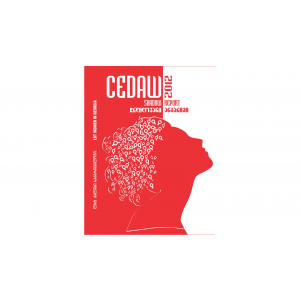In Georgia, queer issues, along with other sensitive topics, have consistently been subject to political instrumentalization since their emergence in public discourse. This has significantly influenced both public attitudes toward these issues and the situation of marginalized groups. Considering such fluctuations, continuous reflection and the reproduction of knowledge are especially import- ant. For this reason, the Women’s Initiatives Supporting Group (WISG) has, for years, prioritized research and educational activities as key strategies for fostering societal transformation and empowering the queer community.
In the context of the current socio-political crisis - where homo/bi/transphobic and narcophobic attitudes and policies reinforce each other - addressing stigma and public perceptions is not solely a public health concern but a matter of social and political justice. An in-depth examination of the intersection between queer identities and experiences of substance use is therefore particularly timely and necessary. Employing a feminist perspective and methodological framework, al- lows us to elevate the transformative potential of lived experiences that are often devalued by the system.
Previous research conducted by the WISG on experiences of violence and discrimination within the queer community has identified consistent patterns of self-destructive and high-risk behaviours. However, the methodological limitations of these studies prevented the generalization of findings and only indicated a general correlation between such behaviours and minority stress.
This study adopts a feminist lens to explore the issue, highlighting its multifaceted nature and incorporating bodily, ableist, and care-related dimensions - an approach unique to the Georgian academic context. We are grateful to the re- search team for their rigorous work and their ability to offer a multidimensional analysis of this sensitive topic.
We hope that this study will serve as a valuable resource for both professionals and activists and will meaningfully contribute to the reduction of stigma and the fostering of systemic change.
Fragments of Public Pain: Feminist Perspectives on Addiction







